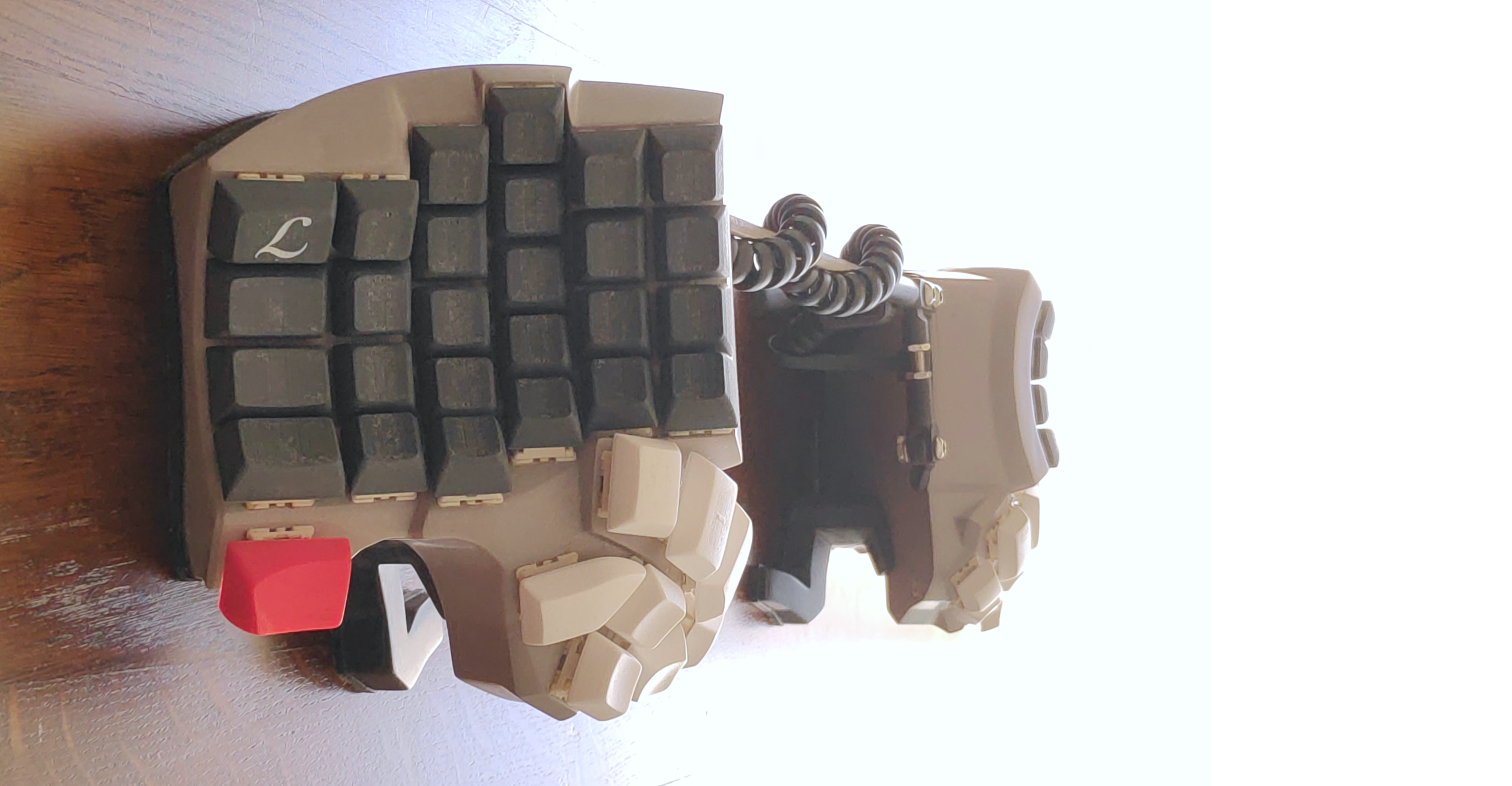mirror of
https://github.com/qmk/qmk_firmware.git
synced 2024-11-27 05:36:52 +00:00
* Add ARRAY_SIZE and CEILING utility macros * Apply a coccinelle patch to use ARRAY_SIZE * fix up some straggling items * Fix 'make test:secure' * Enhance ARRAY_SIZE macro to reject acting on pointers The previous definition would not produce a diagnostic for ``` int *p; size_t num_elem = ARRAY_SIZE(p) ``` but the new one will. * explicitly get definition of ARRAY_SIZE * Convert to ARRAY_SIZE when const is involved The following spatch finds additional instances where the array is const and the division is by the size of the type, not the size of the first element: ``` @ rule5a using "empty.iso" @ type T; const T[] E; @@ - (sizeof(E)/sizeof(T)) + ARRAY_SIZE(E) @ rule6a using "empty.iso" @ type T; const T[] E; @@ - sizeof(E)/sizeof(T) + ARRAY_SIZE(E) ``` * New instances of ARRAY_SIZE added since initial spatch run * Use `ARRAY_SIZE` in docs (found by grep) * Manually use ARRAY_SIZE hs_set is expected to be the same size as uint16_t, though it's made of two 8-bit integers * Just like char, sizeof(uint8_t) is guaranteed to be 1 This is at least true on any plausible system where qmk is actually used. Per my understanding it's universally true, assuming that uint8_t exists: https://stackoverflow.com/questions/48655310/can-i-assume-that-sizeofuint8-t-1 * Run qmk-format on core C files touched in this branch Co-authored-by: Stefan Kerkmann <karlk90@pm.me> |
||
|---|---|---|
| .. | ||
| keymaps | ||
| config.h | ||
| info.json | ||
| lagrange.c | ||
| lagrange.h | ||
| readme.md | ||
| rules.mk | ||
| transport.c | ||
Lagrange
An ergonomic, split, concave keyboard, with convex thumb pads. See the project page for more info.
- Keyboard Maintainer: Dimitris Papavasiliou
- Hardware Supported: Lagrange PCB Rev A
- Hardware Availability: See the build guide on the project page.
Make example for this keyboard (after setting up your build environment):
make handwired/lagrange:default
Flashing example for this keyboard:
make handwired/lagrange:default:flash
To program the keyboard you'll need to reset it. This can be accomplished, either through the reset button, accessible via a hole in the bottom cover, or, if you've assigned the QK_BOOT keycode to a key, by pressing that key.
See the build environment setup and the make instructions for more information. Brand new to QMK? Start with our Complete Newbs Guide.
